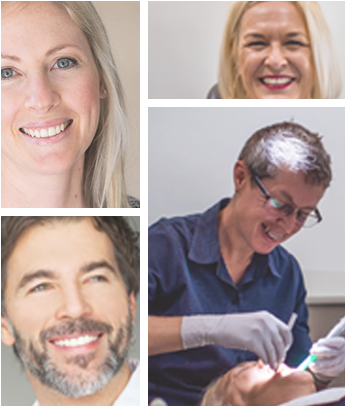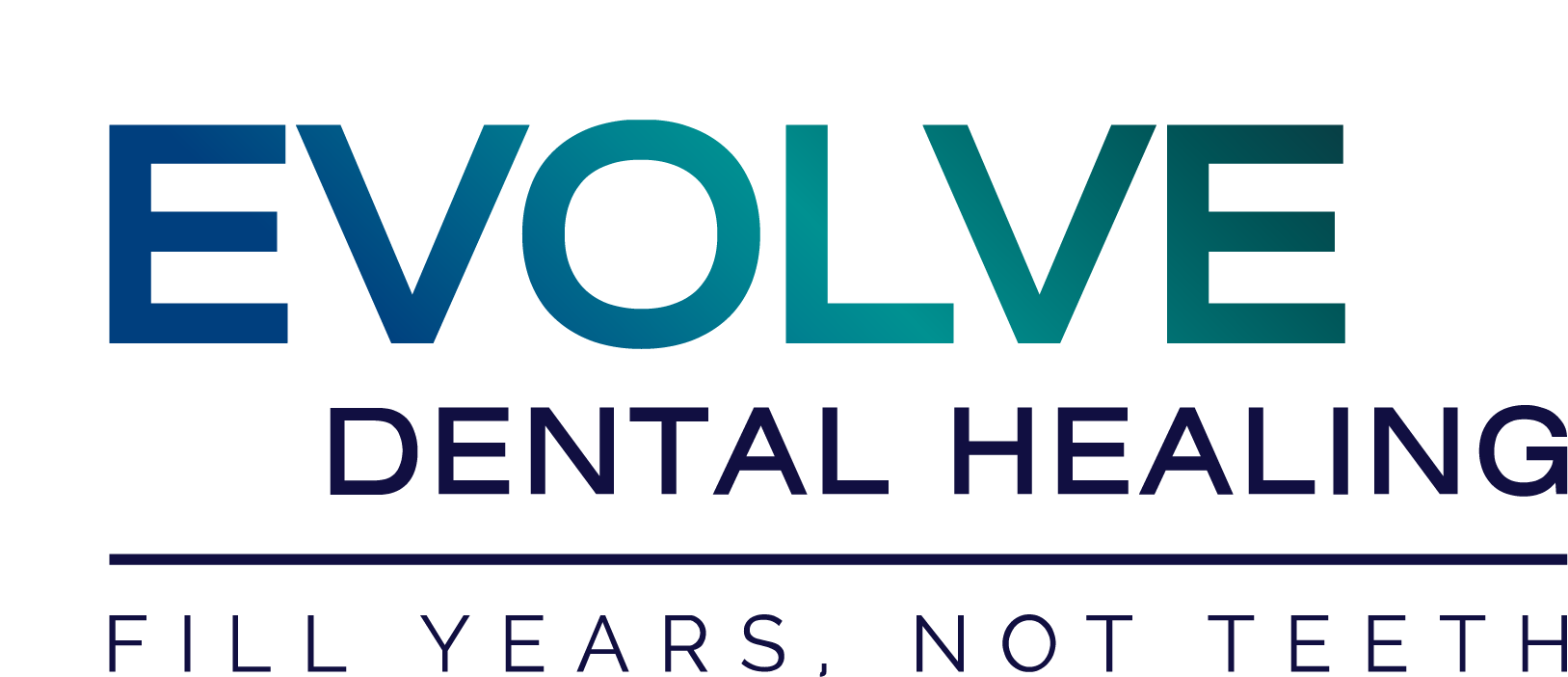How Grinding Damages Your Teeth

Teeth grinding damages your teeth in many ways and can lead to chipped, worn, cracked and fractured teeth, failing dentistry, gum issues, bone loss, TMJ pain and arthritis of the jaw joints as well as headaches, facial pain, neck issues and poor sleep quality.
Teeth Grinding aka Bruxism
Bruxism (BRUK-siz-um) is a condition in which you grind, gnash or clench your teeth. If you have bruxism, you may unconsciously clench your teeth when you’re awake (awake bruxism) or clench or grind them during sleep (sleep bruxism).
Bruxism – Teeth Clenching and Grinding
Sleep bruxism is considered a sleep-related movement disorder. People who clench or grind their teeth (brux) during sleep are more likely to have other sleep disorders, such as snoring and pauses in breathing (sleep apnoea).
Mild bruxism may not require treatment. However, in some people, bruxism can be frequent and severe enough to lead to jaw disorders, headaches, damaged teeth and other problems.
Because you may have sleep bruxism and be unaware of it until complications develop, it’s important to know the signs and symptoms of bruxism and to seek regular dental care.
Signs and Symptoms of Grinding Teeth
Signs and symptoms of bruxism may include:
- Teeth grinding or clenching, which may be loud enough to wake up your sleep partner
- Teeth that are flattened, fractured, chipped or loose
- Worn tooth enamel, exposing deeper layers of your tooth
- Increased tooth pain or sensitivity
- Tired or tight jaw muscles, or a locked jaw that won’t open or close completely
- Jaw, neck or face pain or soreness
- Pain that feels like an earache, though it’s actually not a problem with your ear
- Dull headache starting in the temples
- Damage from chewing on the inside of your cheek
- Sleep disruption
When To See A Dentist About Bruxism
See your dentist or doctor if you have any of the symptoms listed above or have other concerns about your teeth or jaw.
What Causes Teeth Grinding and Bruxism
Doctors don’t completely understand what causes bruxism, but it may be due to a combination of physical, psychological and genetic factors.
- Awake bruxism may be due to emotions such as anxiety, stress, anger, frustration or tension. Or it may be a coping strategy or a habit during deep concentration.
- Sleep bruxism may be a sleep-related chewing activity associated with poor breathing and micro wake-ups called arousals during sleep.
Risk Factors For Teeth Grinding
These factors increase your risk of bruxism:
- Stress. Increased anxiety or stress can lead to teeth grinding. So can anger and frustration.
- Personality type. Having a personality type that’s aggressive, competitive or hyperactive can increase your risk of bruxism.
- Medications and other substances. Bruxism may be an uncommon side effect of some psychiatric medications, such as certain antidepressants. Smoking tobacco, drinking caffeinated beverages or alcohol, or using recreational drugs may increase the risk of bruxism.
- Family members with bruxism. Sleep bruxism tends to occur in families. If you have bruxism, other members of your family also may have bruxism or a history of it.
- Other disorders. Bruxism can be associated with some mental health and medical disorders, such as Parkinson’s disease, dementia, gastroesophageal reflux disorder (GERD), epilepsy, night terrors, sleep-related disorders such as sleep apnoea, and attention-deficit/hyperactivity disorder (ADHD).
Teeth Grinding Damages Your Teeth
Bruxism doesn’t always cause serious complications but it can be a symptom of sleep apnoea so it should always be carefully screened.
Severe bruxism may lead to:
- Damage to your teeth, fillings and restorations, crowns or the jaw bone that supports the teeth
- Cracked teeth, fractured teeth and split teeth
- Tension-type headaches
- Severe facial or jaw pain
- Disorders that occur in the temporomandibular joints (TMJs), located just in front of your ears, which may sound like clicking when you open and close your mouth
Treatment for Teeth Grinding
The treatments for teeth grinding include:
- dental nightguards or appliances
- physiotherapy
- stress management
- sleep studies and CPAP is sleep apnoea is present
- muscle relaxants
- breathing exercises and mouth taping
- supplements including magnesium, B vitamins and vitamin D
- bite corrections
Holistic Dentistry Brisbane and Teeth Grinding
For a holistic approach to your dental needs Evolve Dental in Kenmore Brisbane can help you with your dental goals from support with teeth grinding, regular dental checks and hygiene care, to amalgam removal and cosmetic dentistry and treatments for gum disease, tooth decay and more.
Call us today 07 3720 1811 or book online here
-
Dr. Rachel Hall
Rachel is the founder and principal dentist at Evolve Dental Healing with over 30 years experience, practising holistically since 2001. Not your typical dentist, Rachel is a passionate opinion leader, challenging convention to empower people to make better dental and health choices, helping thousands to have healthy natural smiles. A respected writer and presenter on holistic dentistry, health and wellness it is Rachel’s mission to revolutionise the way people look at their dental health.
Talk to us for more details and information
CONTACT US
67 Kenmore Road
Kenmore Queensland 4069
Phone: 07 3720 1811
Fax: 07 3720 1899
Email: info@evolvedental.com.au
OPENING HOURS
Monday – Friday: 7:30am – 5:30pm
References and Citations Mercury & Amalgam Fillings




